Volkswagen Emission Scandal: Governance, Ethics, and Decision-Making
VerifiedAdded on 2022/08/17
|17
|1186
|13
Report
AI Summary
This report provides an in-depth analysis of the Volkswagen emission scandal, also known as Emissiongate or Dieselgate. The scandal involved Volkswagen's deliberate programming of its Turbocharged Direct Injection diesel engines to cheat on emissions tests, resulting in significantly higher nitrogen oxide emissions during real-world driving compared to laboratory tests. The report details the history of Volkswagen, the specifics of the scandal, and its impact on the company. It explores the ethical implications of the scandal, applying both utilitarian and deontological ethical frameworks to assess the actions of the company. The utilitarian perspective highlights the negative consequences of the scandal, including environmental pollution, financial losses, and reputational damage, while the deontological perspective focuses on the inherent wrongness of the deceptive actions. The report concludes that Volkswagen's actions were unethical from both perspectives, emphasizing the importance of ethical conduct in corporate governance and the detrimental effects of prioritizing profit over environmental responsibility and adherence to the law. The report also includes a brief discussion of how the world could be improved by preventing such frauds.
1 out of 17
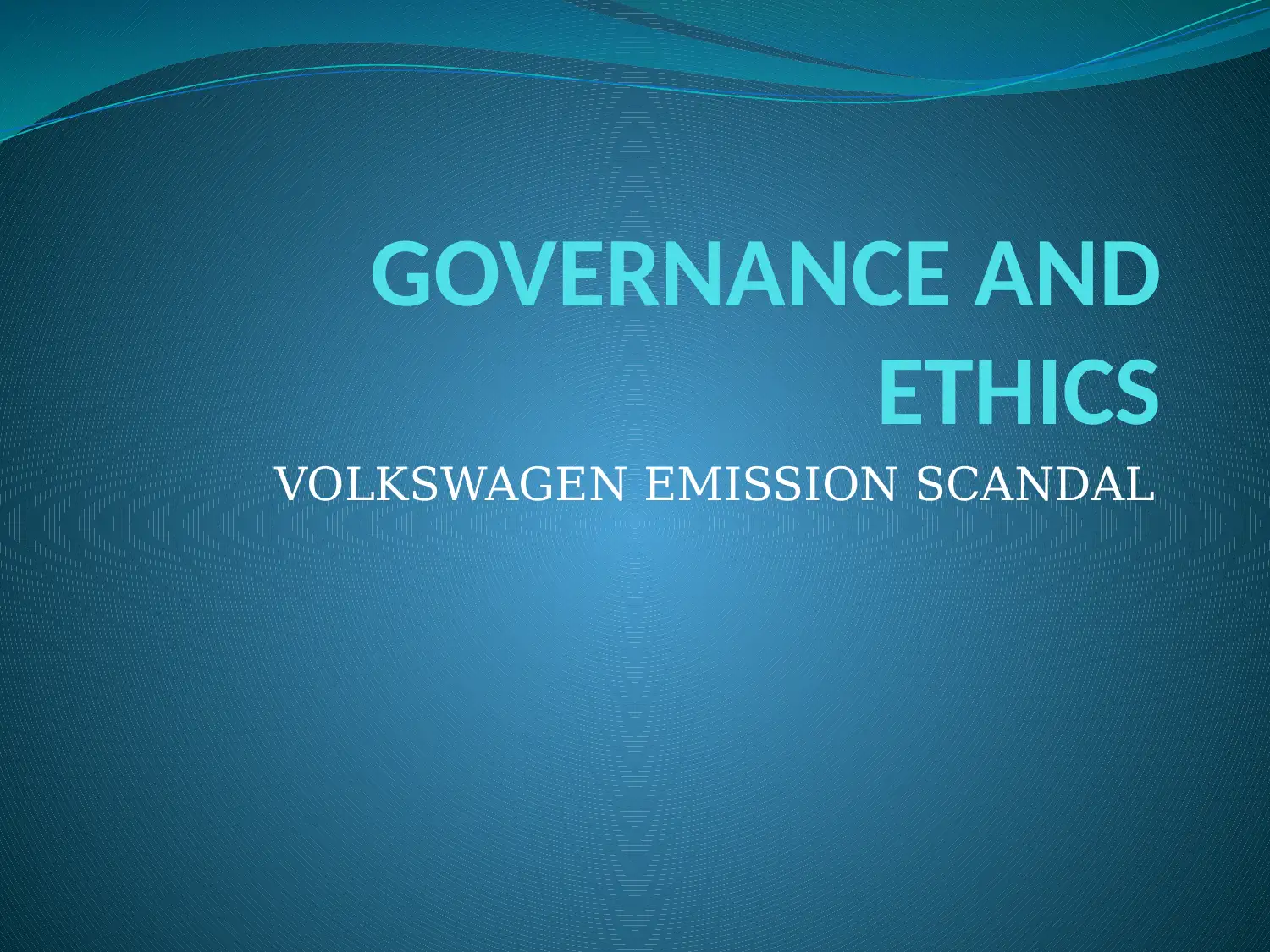
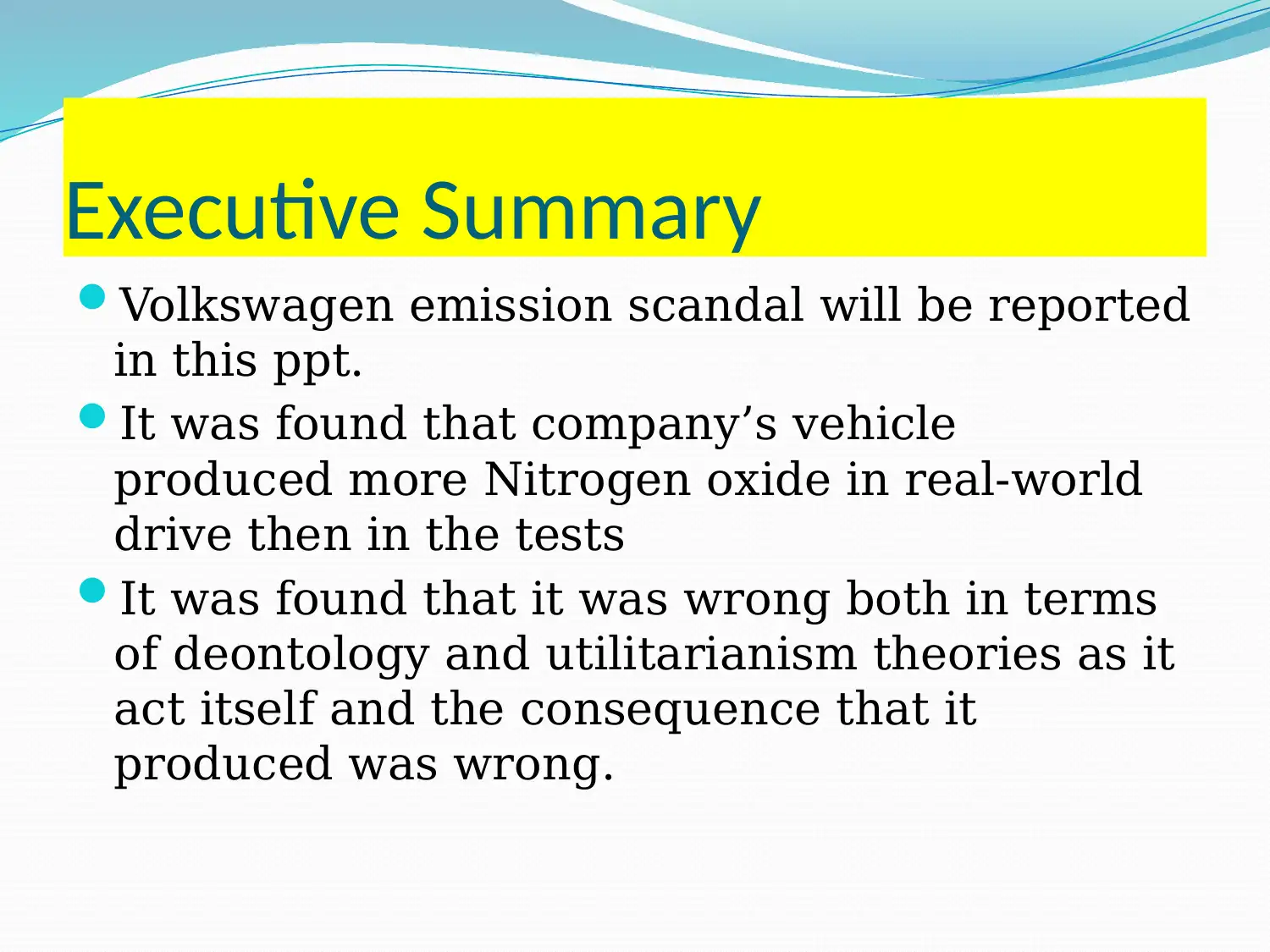
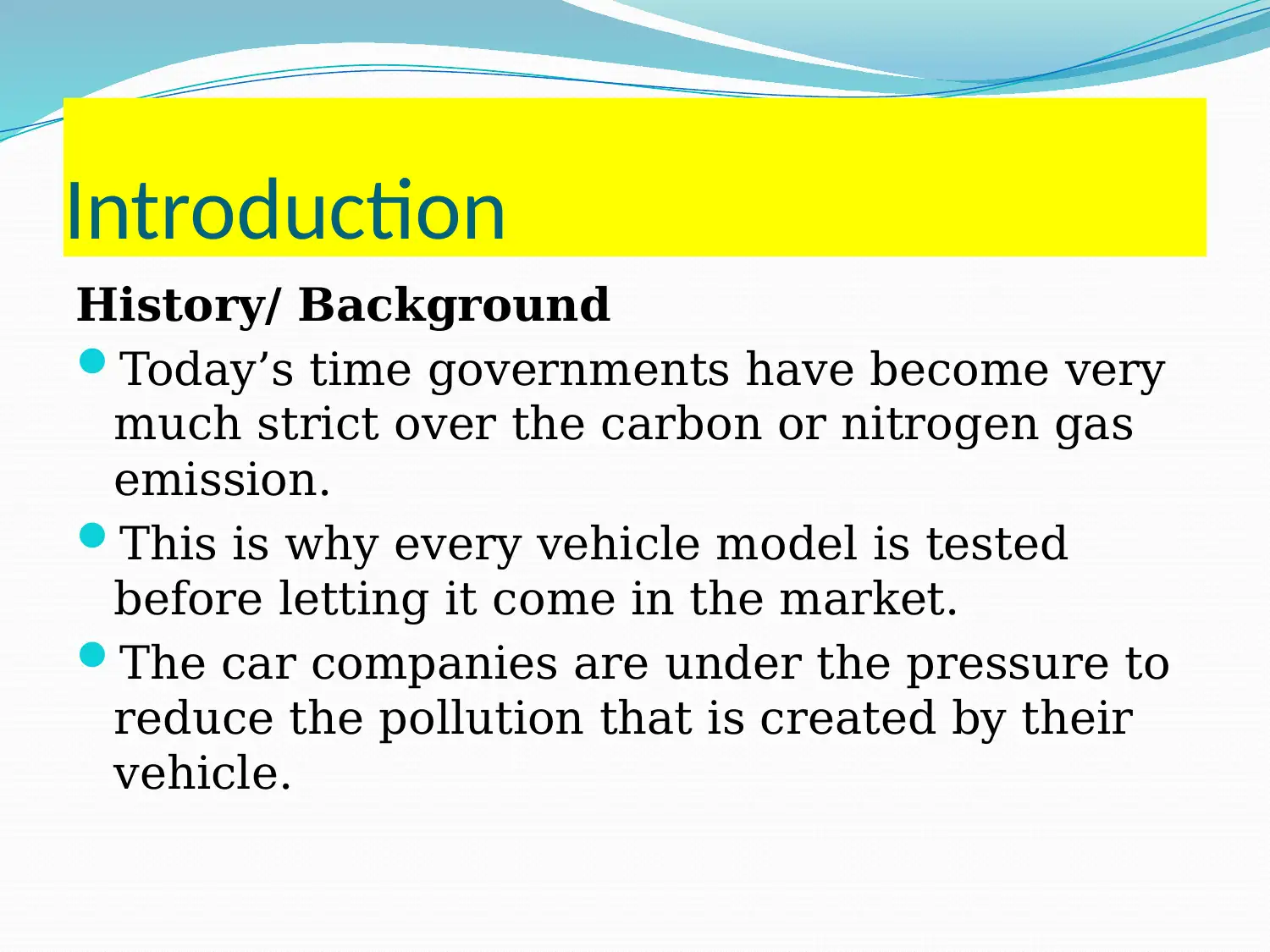

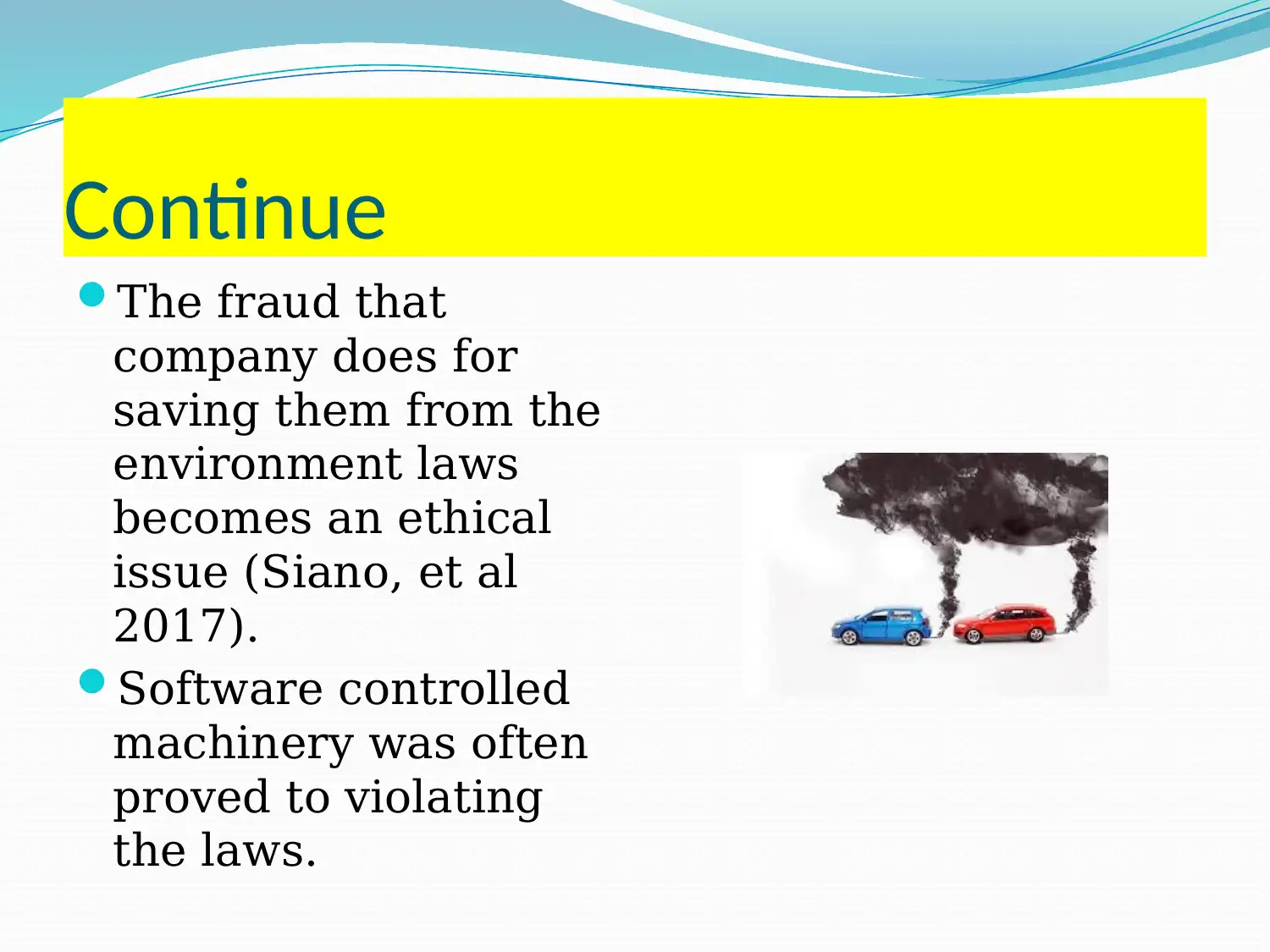
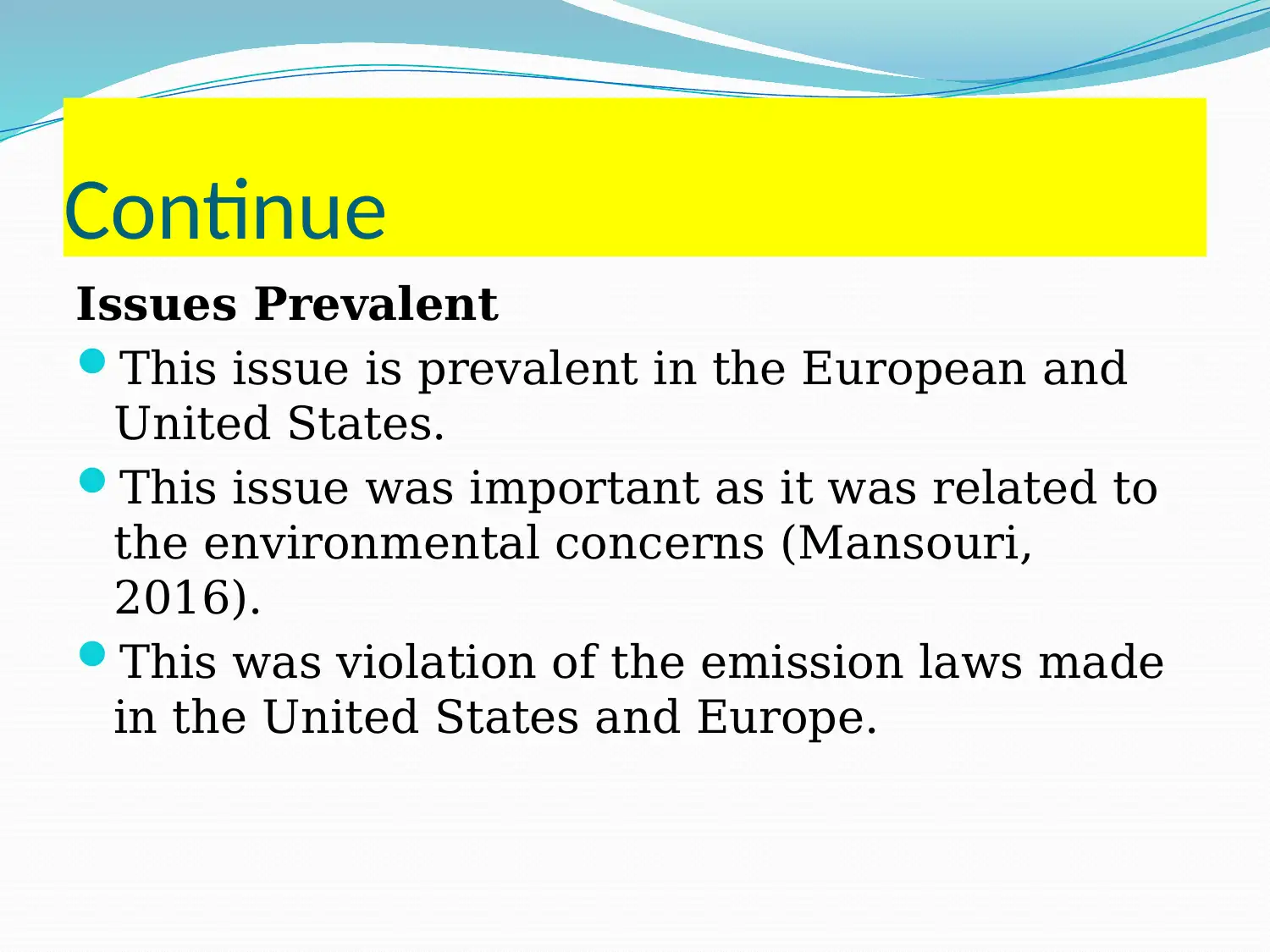
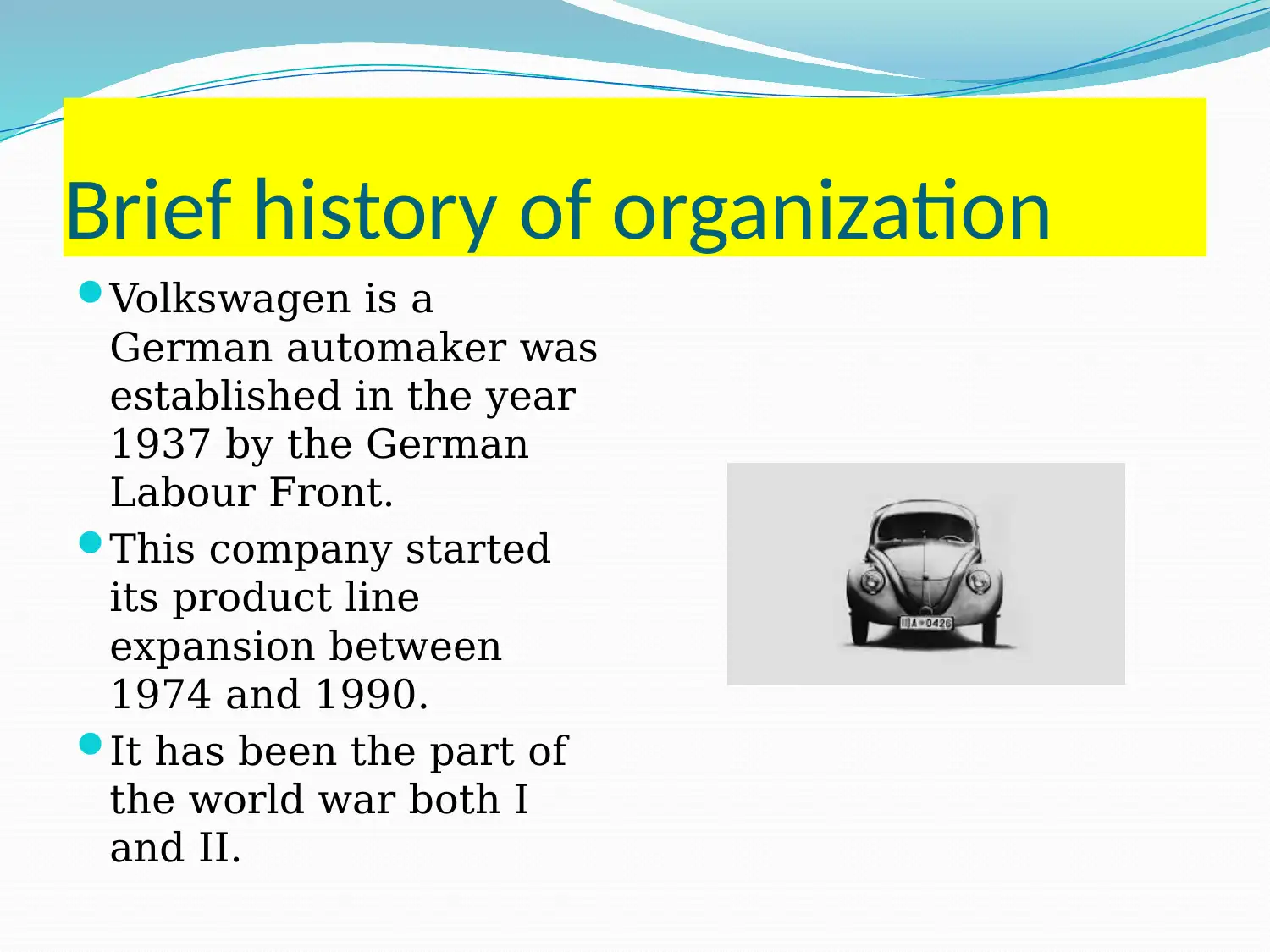
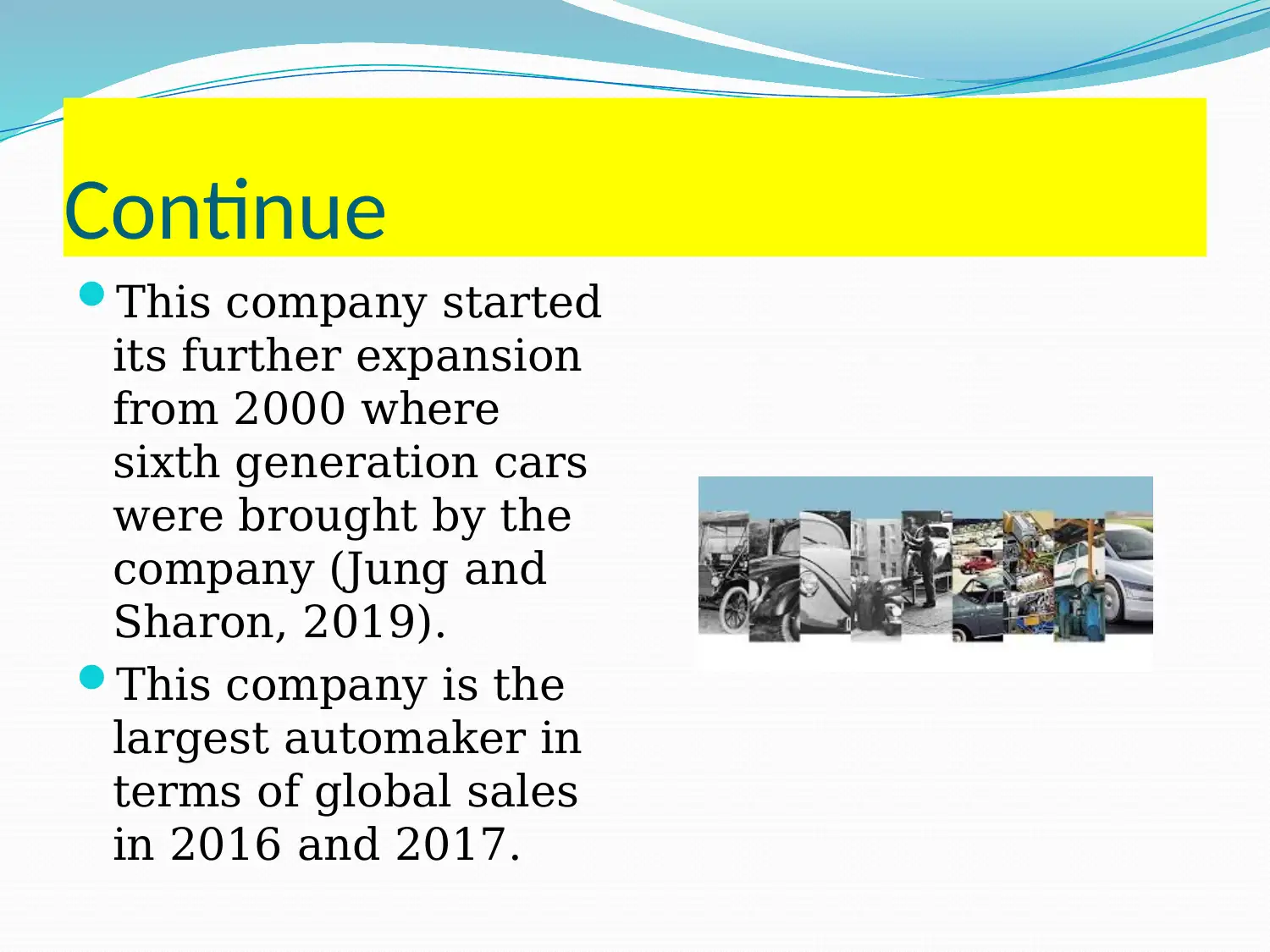
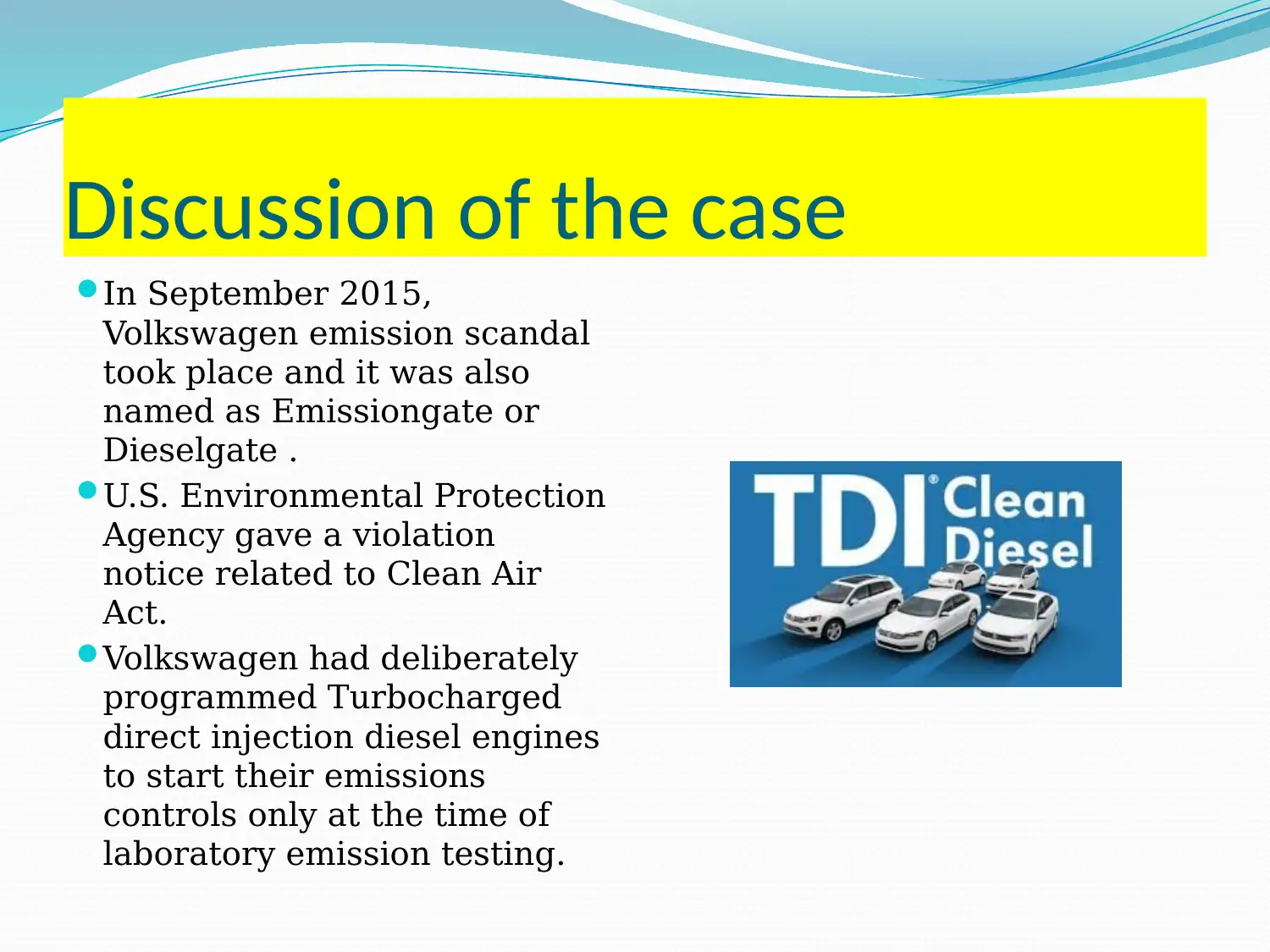
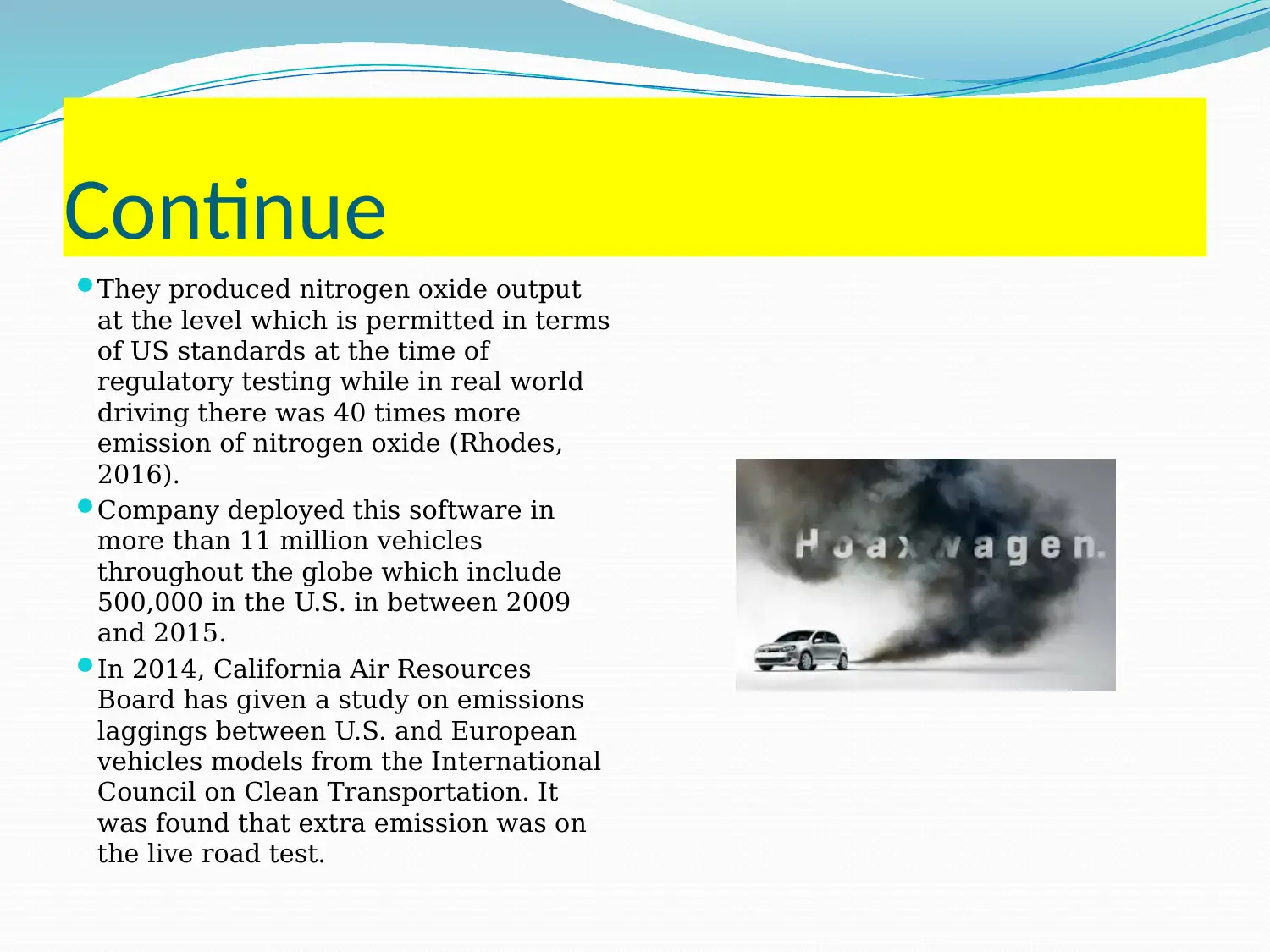
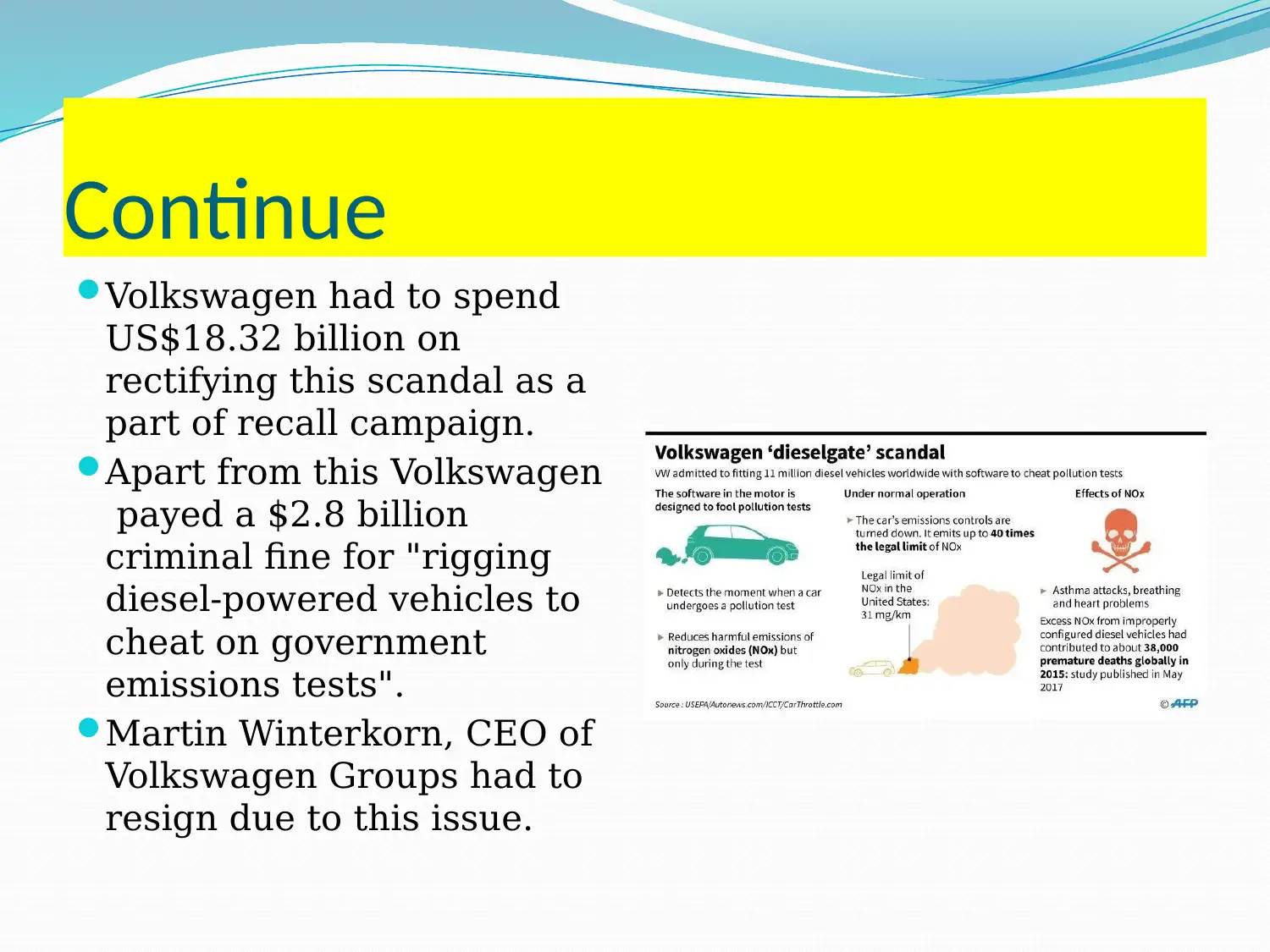
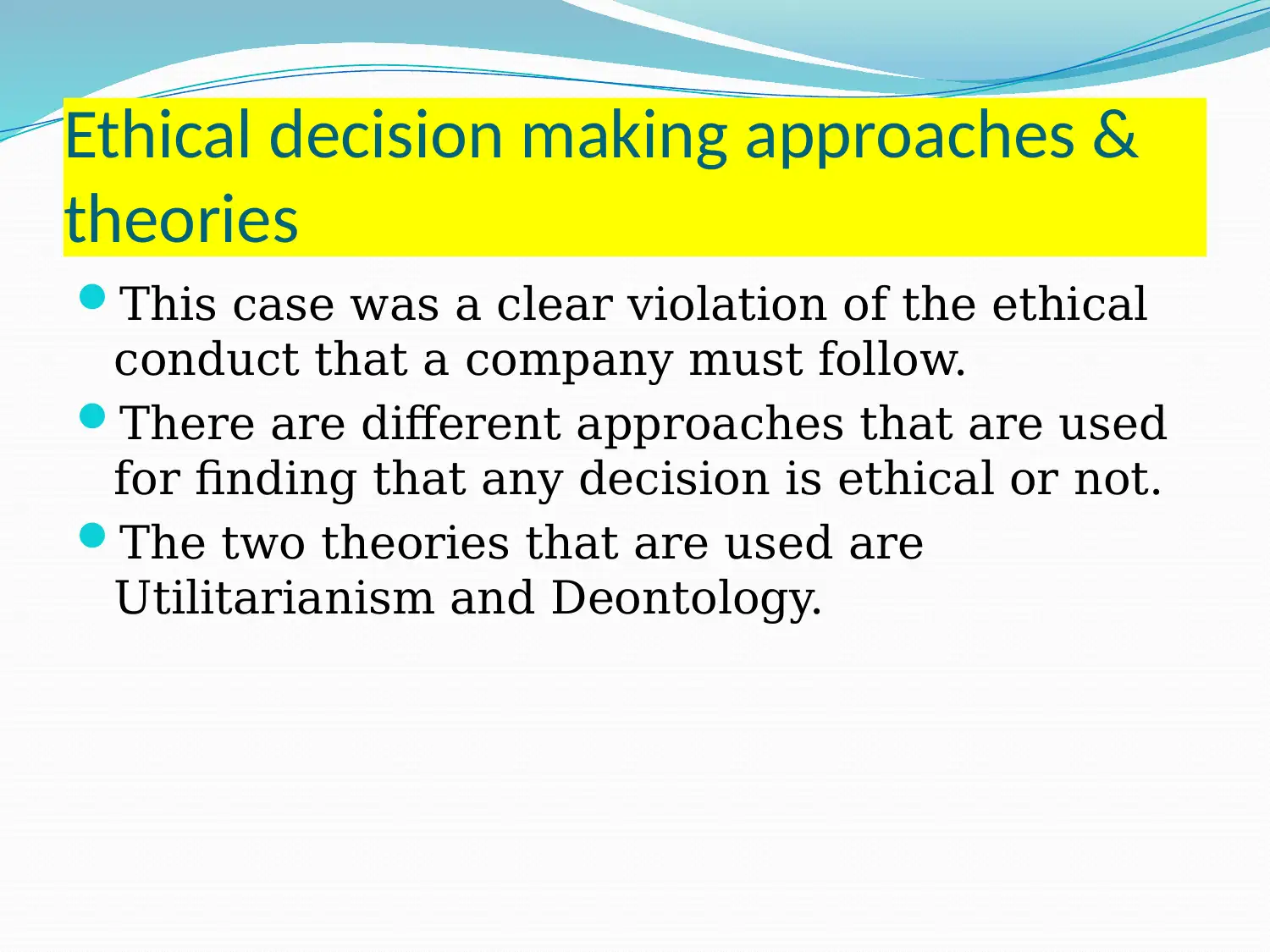
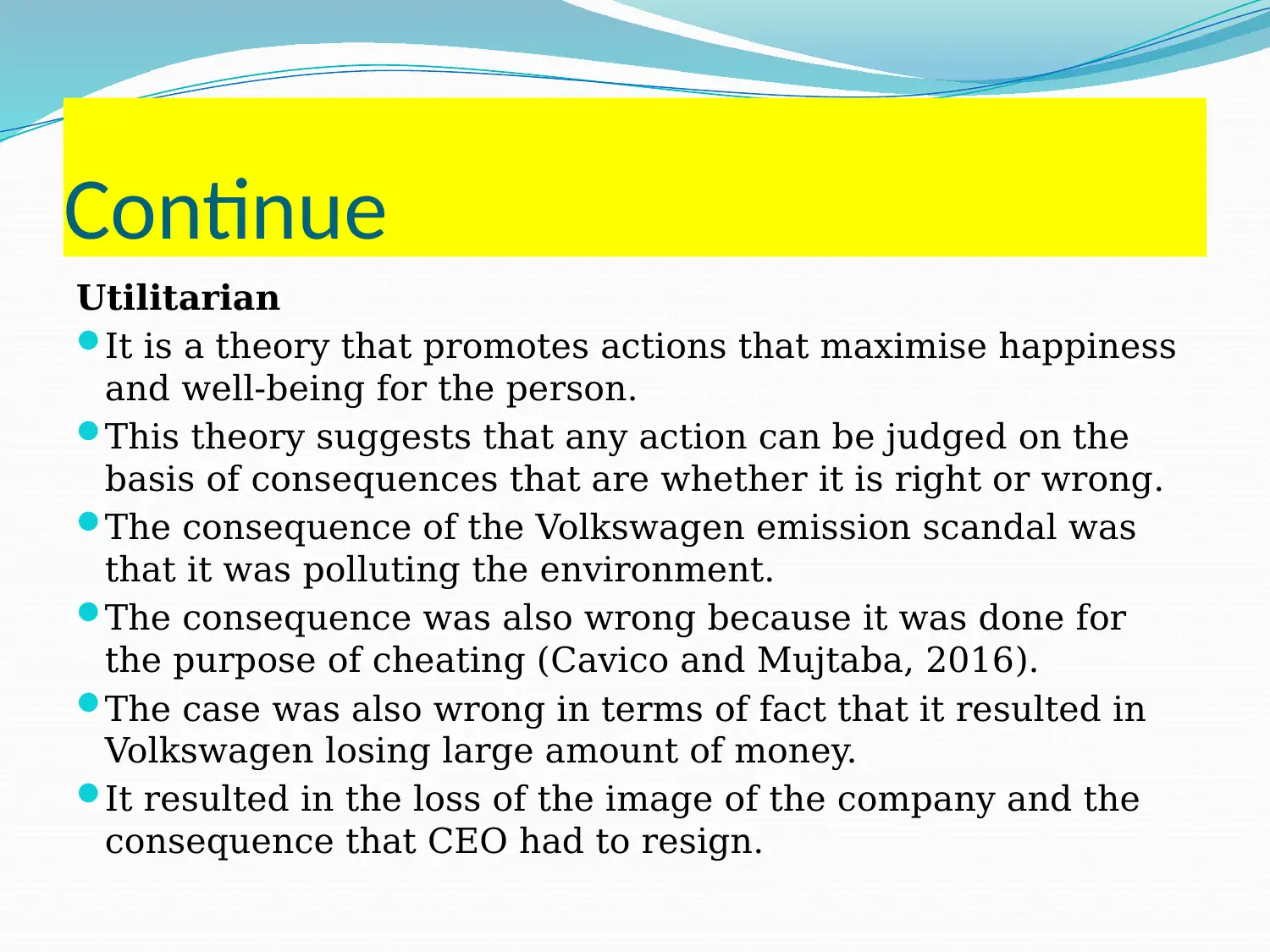






![[object Object]](/_next/static/media/star-bottom.7253800d.svg)